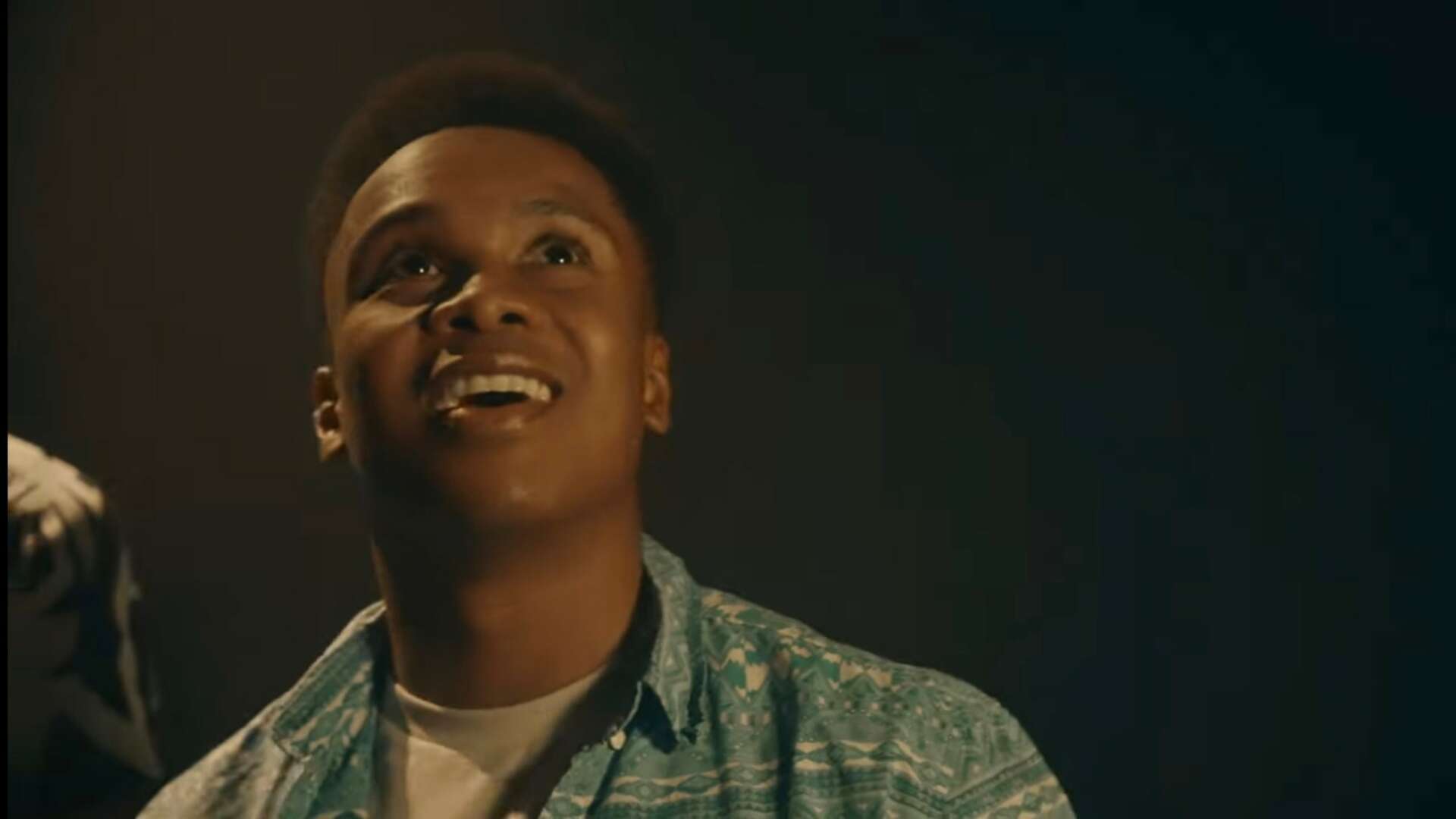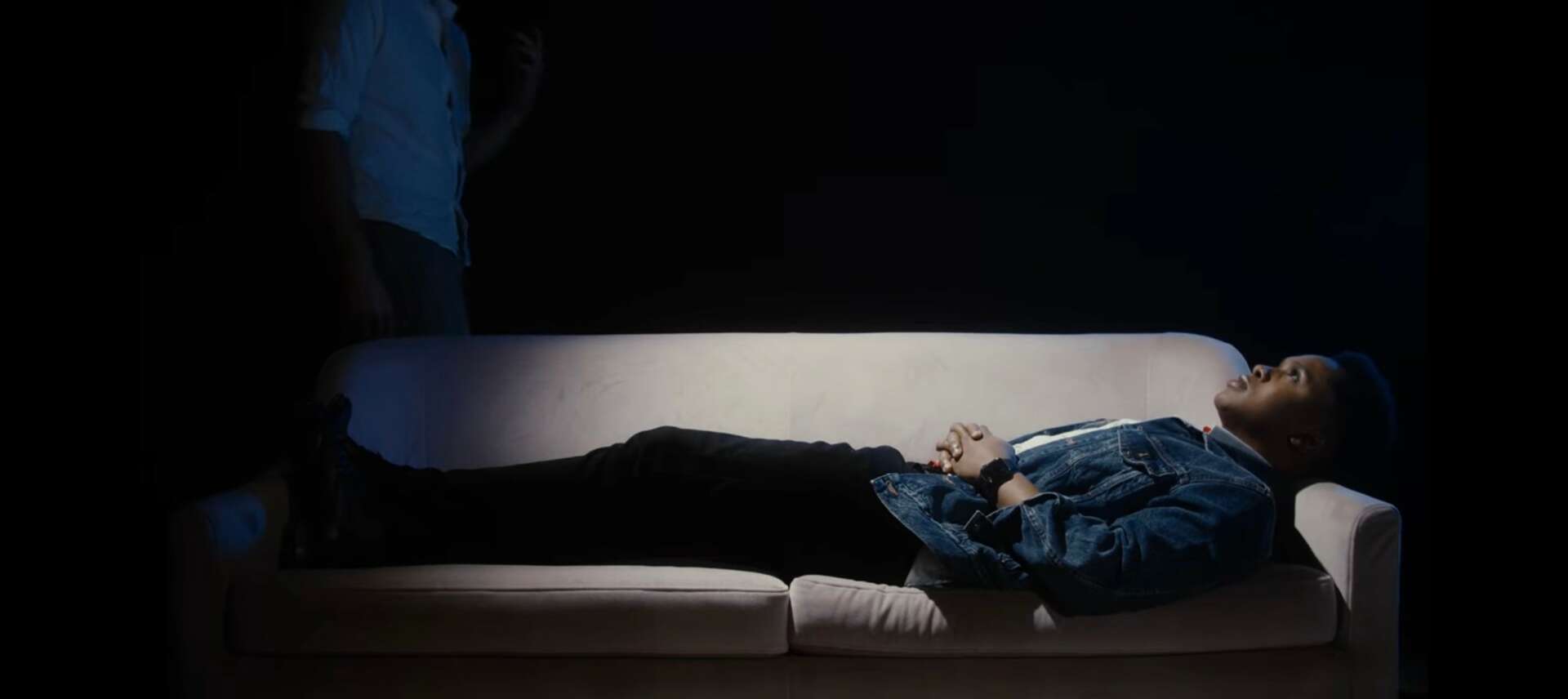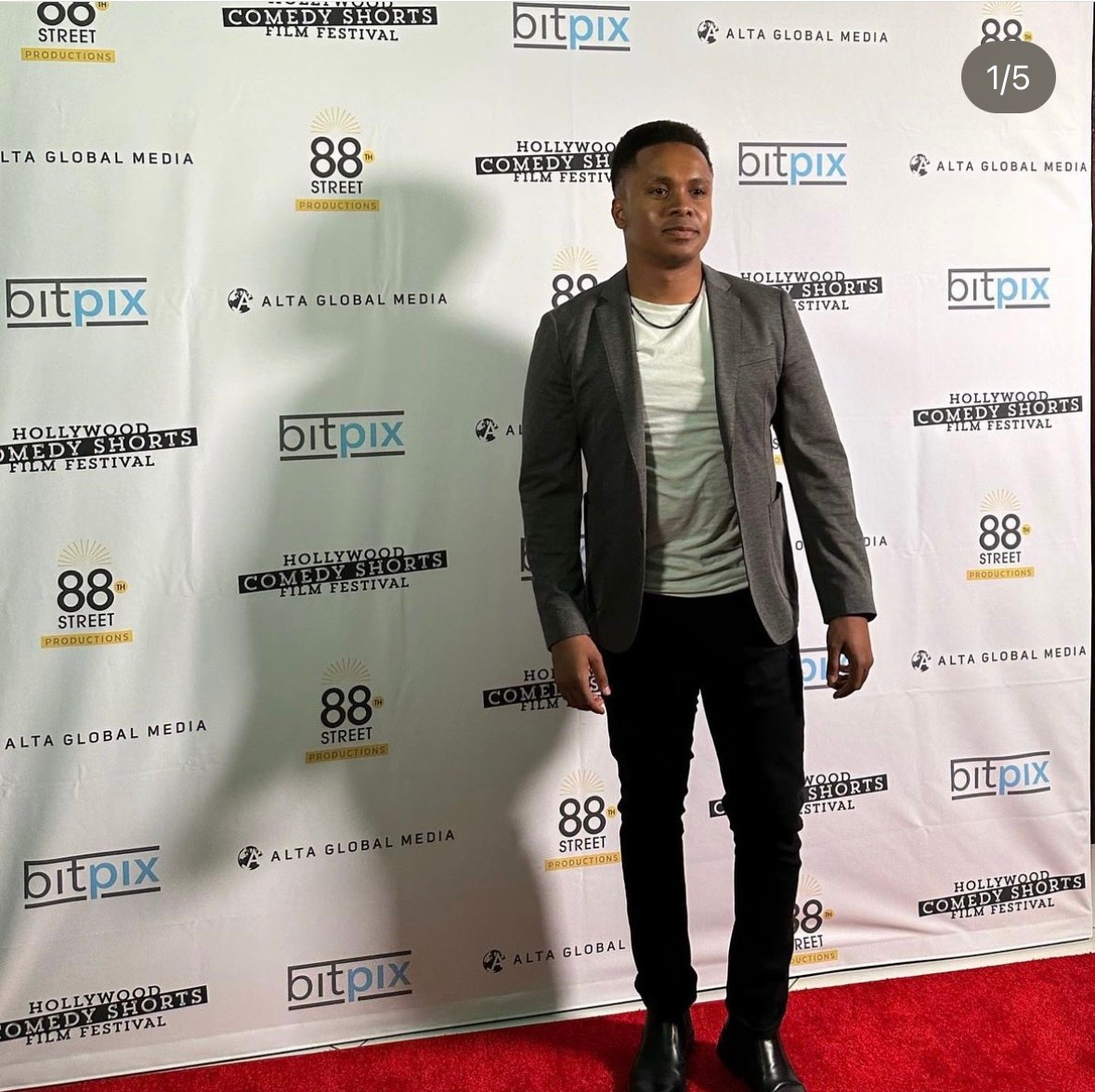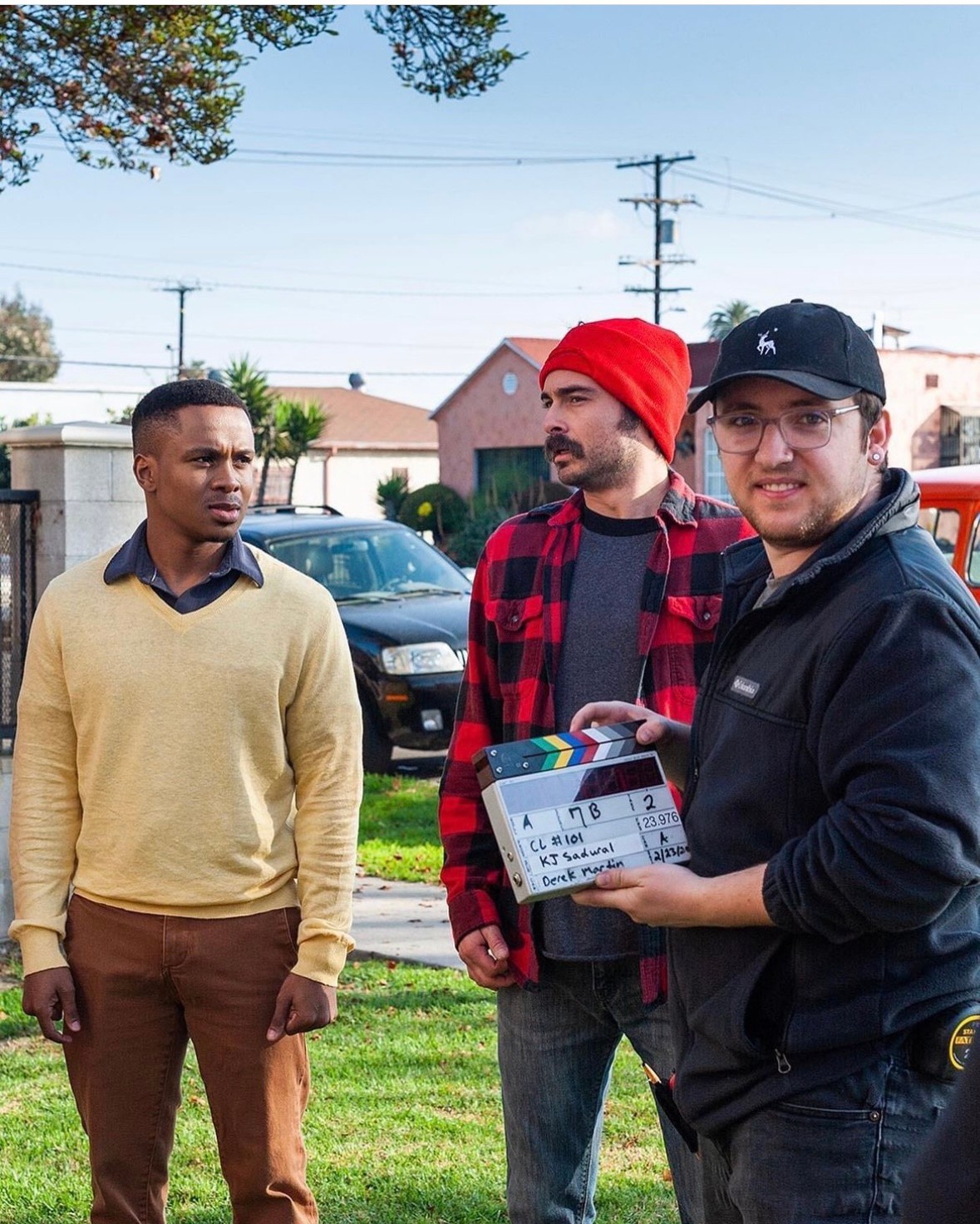We were lucky to catch up with Riley Bowes recently and have shared our conversation below.
Riley , thanks for joining us, excited to have you contributing your stories and insights. How did you learn to do what you do? Knowing what you know now, what could you have done to speed up your learning process? What skills do you think were most essential? What obstacles stood in the way of learning more?
My first experience of training in the craft of acting was in high school. I took Speech & Drama as one of my core subjects and it was the first and only class I ever enjoyed in school. When I graduated from high school, I got a Bachelor of Commerce degree and acting essentially disappeared from my life until I came to the United States to pursue a career in acting. I started training at the Michelle Danner Acting Studio, then at UCLA Extension, and then at the Beverly Hills Playhouse. In my years of training I’ve studied the techniques of Stella Adler, Sanford Meisner and Uta Hagen, taken scene study classes, Voice & Speech (Including Lessac), Improv, On Camera Technique, Audition Technique and Script Analysis.
I don’t really look at the learning process in terms of how speedily it happens, because I don’t believe an actor can ever stop learning. The nature of the craft is such that training is continuous. It’s less theoretical than it is practical. Like an athlete, an actor needs to keep training in order to stay fit and sharp. The skill of acting is more of a muscle than a technical idea. That’s not to say that it isn’t technical. It certainly is. But the training of an actor is more about freeing one’s instrument than it is about confining it to technical rules. In this sense, I would describe it as a kind of controlled frenzy. It’s something of a paradox, but I find that the more solid I am on technique, the more freedom I have to fully express what’s inside me and realize the totality of the character’s humanity.
The greatest obstacle I’ve found in learning and honing my craft is what Milton Katselas called the “middle class sensibility.” This is a mentality and proclivity that serves us well in the world, but is crippling to the actor, because it greatly inhibits his instrument. Being a good and productive citizen requires one to control his impulses and behave in accordance with predetermined norms and standards. This is the opposite of what is required of the actor. Decades of learning to master that control can be difficult to shake off when being called on to meet the demands of a role.

Awesome – so before we get into the rest of our questions, can you briefly introduce yourself to our readers.
I’m an actor. I started this journey in 2017 and I’m still slogging through the challenges that come with it. I came to the US from South Africa thanks to some hard work and the support of people who believe in me. I have since acted in various films with many different artists. Some of my most recent films are Carpool Lane, a comedy set in the gaming subculture; Space Gun, an irreverent comedy that I had a hard time acting in because I couldn’t finish a take without laughing; and The Society: Endangered Species, an exciting, somewhat surreal art film set in the DC Universe. I’m incredibly proud of all these projects.
When my time is done, what I want to be remembered for is my passion and commitment to the art. I hope to be remembered for my artistic integrity. I’m interested in making good movies. I’m not interested in telling people how to live or what to think. I’m interested in providing resonant emotional experiences that will fill their hearts and stimulate their minds. I hope my work will entertain them, and that’s important enough for me.

What do you find most rewarding about being a creative?
For me, it’s the privilege of being able to embody and express the gamut of the human experience. One of the things that made me realize that I wanted to be an actor was the fact that, as a child, there were so many different things (and states of being) I wanted to be. The first real life thing I ever wanted to be was a police officer. I must have been 5 years old or something when I fantasized about stopping the bad guys. At some point, I wanted to be an ice hockey player, despite the fact that ice hockey is not really a thing in South Africa. I even remember wanting to be a lawyer at some point in my childhood. Whether it was some far-fetched vocation or me wanting to be some kind of fantastical adventurer, at some point it became clear to me that my desires were fickle and unrealistic. But it eventually occurred to me that, as an actor, I could embody all of these roles and more. And it was perfect, because my desire for these roles was somewhat superficial and based on a surface-level understanding of what they were. Indeed, my exposure to these roles came from movies and television. It came from their portrayals by actors. Of course, being an actor and embodying these roles would require a deeper level of understanding than that of a little child, but an actor doesn’t have to worry about experiencing the actual reality of the downsides of these jobs. We get to dive in just deep enough to gain an understanding and have a fulfilling experience, but not so deep that we are locked into those lives and have to endure their reality. Acting is fun.

What can society do to ensure an environment that’s helpful to artists and creatives?
I would encourage moviegoers to patronize new ideas and smaller, independent films. Society needs to give the industry a greater impetus to try new things, instead of relying almost solely on established IPs. There is a reason why the biggest film studios seem to be spending most of their time and money on remakes, reboots and sequels. It’s because those properties carry less risk. They’re capitalizing on their built-in audiences and brand recognition. I’m not against remakes in general, but I think it’s detrimental to the health of our industry to focus all our creative resources on reproducing the works of yesteryear, instead of creating new IPs that capture the zeitgeist of the present day. We need to back studios giving new voices a chance. That’s what they did for cultural behemoths like The Matrix, The Terminator and even superhero movies before they became a staple in modern cinema.

Contact Info:
- Website: https://www.imdb.me/riley.bowes
- Instagram: https://instagram.com/rileybowesofficial?igshid=MjEwN2IyYWYwYw==
- Facebook: https://www.facebook.com/Riley-Bowes-103442068024211/
Image Credits
Danny Damian & Karbis Sarafyan


